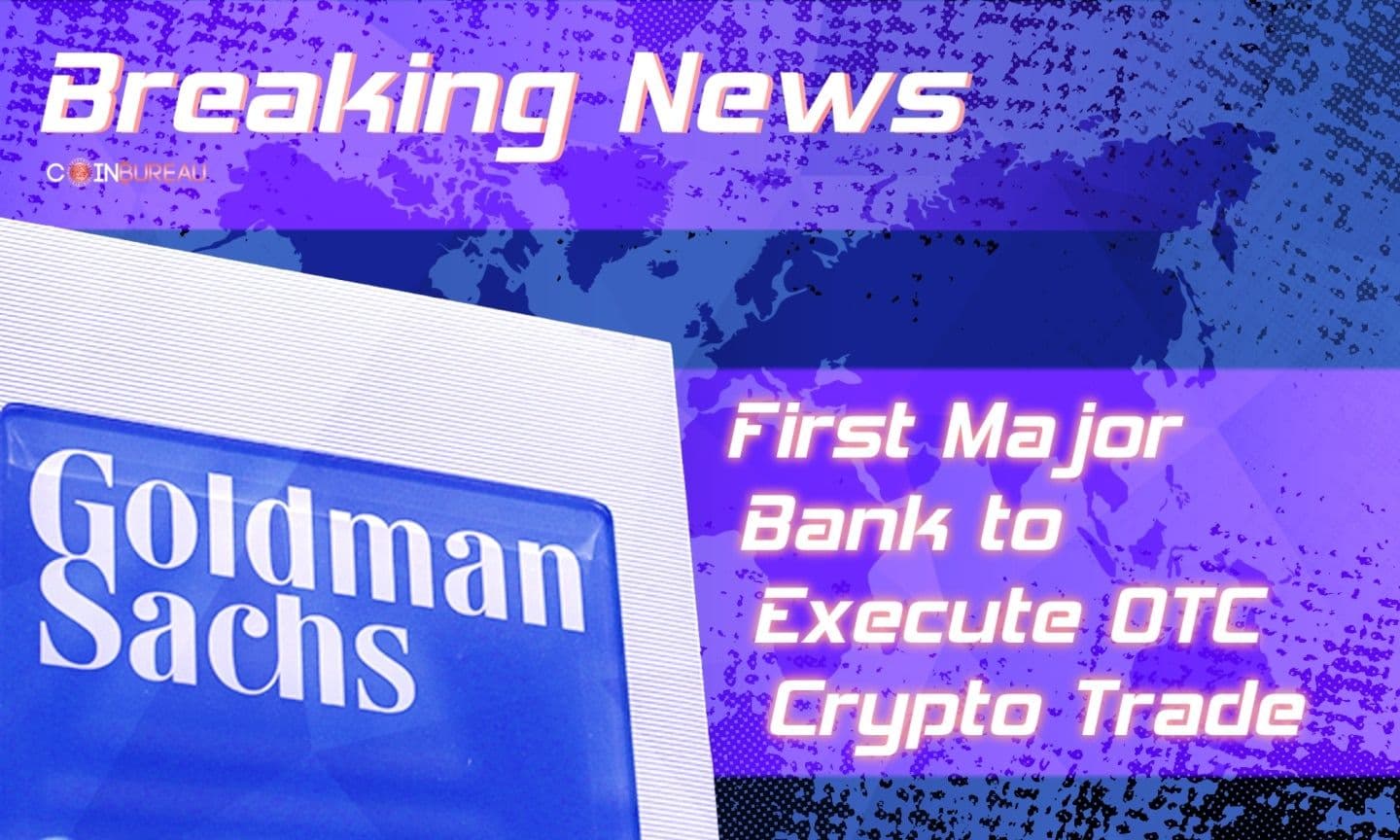All the big institutions will eventually start trading crypto, according to former Citigroup CEO Vikram Pandit.
Speaking at the Singapore Fintech Festival event with Bloomberg’s Haslinda Amin, the Orogen Group chairman gave a time of one to three years before every bank and securities firm starts thinking: “shouldn’t I also be trading and selling cryptocurrency assets?”
“My big hope is that central banks around the world understand the benefit of a central bank digital currency, and move on to accept, adopt them,” Pandit said.
The financial veteran said that moving money around the world while trying to modernize a paper-based banking system is a "cumbersome" task that comes with plenty of “deadweight” costs.
Pandit also said that he foresees a future with “a central bank digital currency, which is available to you and me, and every other retail participant around the world.”
 Image via Shutterstock
Image via Shutterstock
Citigroup’s current CEO is perhaps even more bullish on the crypto space than its former. In a recent interview with Yahoo Finance, Citi’s CEO Jane Fraser asserted that that “it’s clear” that digital assets will be part of the future of both the financial services and financial markets. She added that she was already seeing clients very active in the space.
“Real-time payments, both in the sense of they are frictionless, they’ll become more global, they’ll become ubiquitous. Real-time payments will be here in the near term, and digital currencies may be part of that future. We see benefits from the digital asset space: instant processing, fractionalization, programmability, and transparency.”
Fraser said that one of her goals was to connect Citi’s clients to wallets, and that the bank was “enabling our businesses and our corporate clients to accept consumer payments.”
The main hurdle, according to the CEO was the overall youth of the space and lack of “guardrails.”
“I would say we’re proceeding thoughtfully and with appropriate caution here. Why’s that? There’s still a lot of questions about how the space evolves. Around regulatory clarity, around some of the scalability, around resiliency, certainly around some transparency, and making sure that there are the appropriate guard rails in the system, particularly for retail clients. We don’t want them participating in areas that they’re not necessarily well-equipped to understand the risks.”



